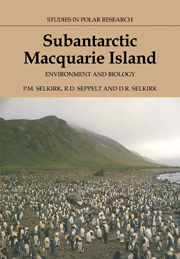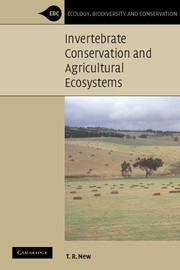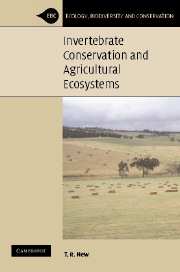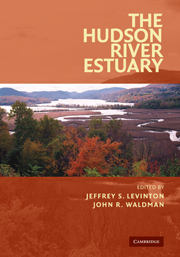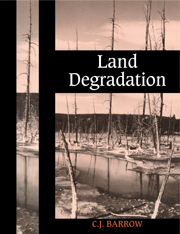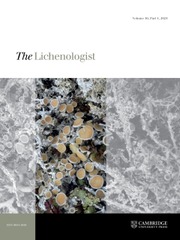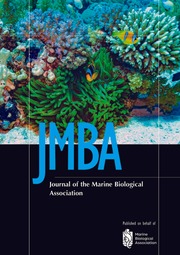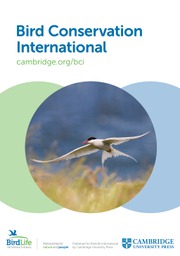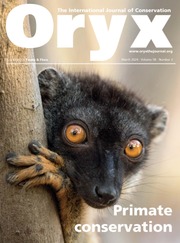Subantarctic Macquarie Island
This is a fascinating account of the history, geology and biology of Macquarie Island, a speck of land rising from the Southern Ocean, about 1,000 km southeast of Tasmania. The wild and beautiful island was declared a nature reserve in 1933 and possesses immense scientific interest because of its unique geological and biological features. A brief description of the island, its setting, the history of its discovery and subsequent human occupation precedes more detailed accounts of the geomorphology and Quaternary history, the vegetation, avifauna, mammals, microbiology, and marine and freshwater environment. In the concluding chapter the authors discuss past mismanagement and future management strategies, with a view to conserving the island's unique environment and biology.
This informative account will be essential reading for polar scientists, island biologists and geologists, and conservationists.
Reviews & endorsements
"...stands up as the most up to date review of a subantarctic island available. It gives the reader a real sense of what the environment and biology of one of the most isolated islands in the world is like. I strongly recommend this book to all researchers of cold climate environments." John R. Spence, Arctic & Alpine Research
"Compared to what is known about most small, oceanic islands, this is an admirably complete treatment. The writing is clear and well organized, and the book is illustrated with good photographs and figures. In some ways, it sets a standard for books on islands." John C. Briggs, Quarterly Review of Biology
Product details
August 2008Paperback
9780521076036
300 pages
235 × 158 × 16 mm
0.48kg
Available
Table of Contents
- List of figures
- List of tables
- Preface
- 1. Introduction
- 2. Discovery and human occupation
- 3. The island and its setting
- 4. The island's origin and geology
- 5. Geomorphology and quaternary history
- 6. The island's vegetation
- 7. Lakes
- 8. The island's birds
- 9. Mammals - indigenous and introduced
- 10. Microbiology, parasitology and terrestrial arthropods
- 11. The nearshore environment
- 12. Human effects: from mis-management to management strategies
- Appendices
- References
- Index.

